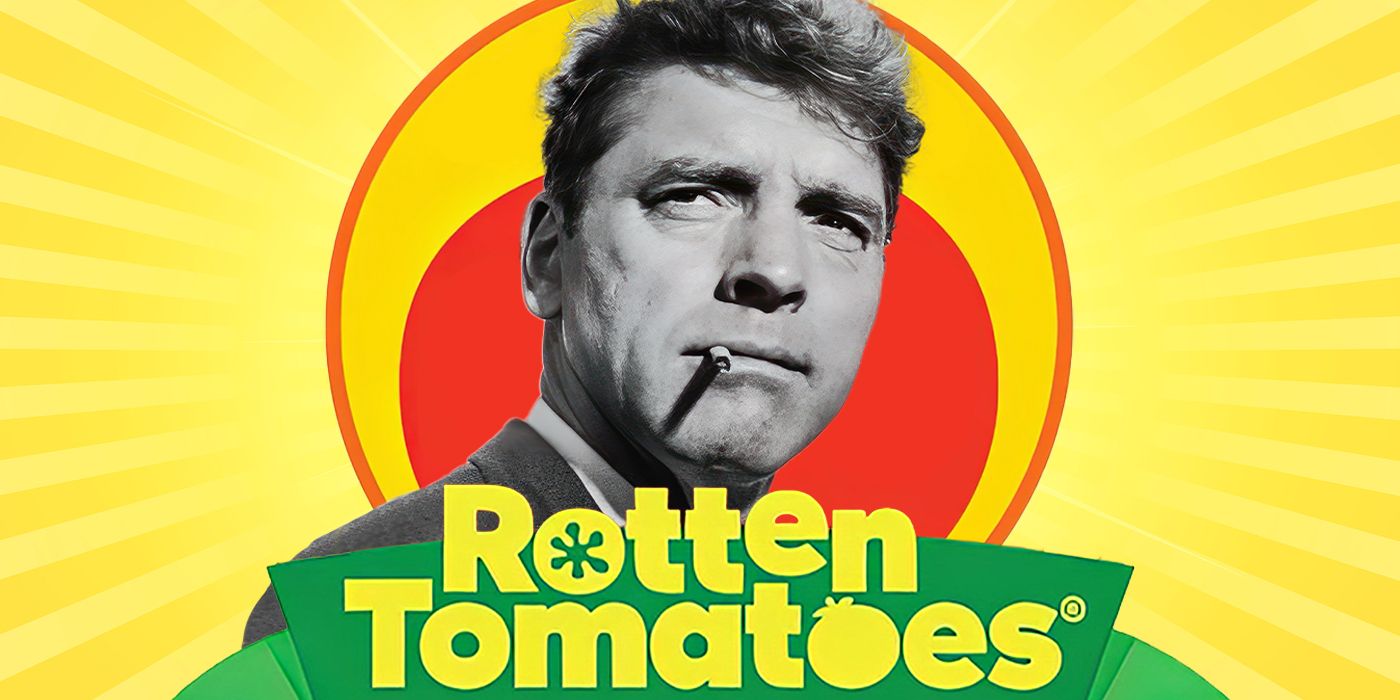I was homeless and it takes energy to ask for help

One recent weekend, I went to CVS to pick up medication after a doctor’s appointment. As I was leaving, I saw a father and his daughter in the parking lot holding a sign asking for food or money or just a way to survive. The father’s sign said he was having trouble finding a job and that his daughter was not doing well.
As I sat in the car talking to my wife, I couldn’t stop looking at the father and his daughter. I thought of my medical training. The daughter’s lips were very chapped and she had pink eye or worse. They looked dehydrated and extremely tired and the father’s voice had failed him. The daughter was too weak to move much.
In my opinion, they desperately needed water, food, proper rest, and immediate medical attention. I have a heart for the homeless because I was homeless myself and know what it’s like to ask for money and be ignored. It takes energy to ask for help. It takes energy even when nothing you do works. As I felt waves of emotion, I wondered what I would have looked like in that situation when no help came. People treat you like garbage, like you’re not worth their time, or even like you’re to blame for your suffering.
The two people in front of me, fighting to survive, were just as valuable as anyone else. The next minute I was making a few phone calls to get help on the way.
One morning recently, my wife packed me two bagels – one for breakfast and one for lunch. I had already eaten the first one when I reached the traffic light on DuSable Lake Shore Drive on my way to Adler University. There I noticed a man who looked like an older man wearing a black baseball cap, pink shirt, ripped jeans, and shoes that barely had soles. His skin was deeply lined, burned, and unshaven. He weakly held a sign that spoke of his homelessness and hunger. He was tormented that morning by the sun and the increasing heat, and perhaps scarred by a life of abandonment.
I felt sorry for him and drove to where he was standing in the intersection, glad that the ever-long traffic light would keep me there for a while. I rolled down my window and told him I only had one bagel. He accepted my bagel gratefully. I asked him his name and age. When he answered, “Tim, 48,” I saw that most of his teeth were missing. All in all, he looked at least 65.
Another question came to mind. I asked, “Can I write an article about you today?” He said, “Yes,” and nodded. I told him, “I’m sorry for what you’ve been through and how you got to this point. I know you may feel abandoned. I know that because I’ve been through it too. But please remember that no one has ever been abandoned completely or forever.” Tim watched and listened intently as he ate the bagel. I was starting to get emotional, so I ended the conversation by saying, “I’ve kept going, and I hope you will too, Tim. Have a wonderful day.”
As I drove away, I saw him in the rearview mirror, smiling and waving at me. I cried most of the way to school – thanking God for his goodness, his bagels, and Tim.
In our daily lives, we often have opportunities to be kind to others, but we may rely too much on the assumption that others will show compassion and take action on their own. No one is perfect.
Clergy: What if we used the housing crisis to unite the people of Chicago instead of dividing them further?
These moments, big and small, can leave a lasting impression on both the giver and the recipient – even if the gift is just a simple bagel, a phone call, or words of encouragement. These gifts can mean just as much as money. These two experiences have made all of that clear to me.
These encounters have reminded me of the profound impact of empathy and compassion, and shown me, as a future psychologist, the importance of being sensitive to the needs of others. By paying attention and keeping our hearts open, we can find countless opportunities to make a positive difference in the lives of those in our community.
Chris Schroeder, a resident of Evanston, is a doctoral student at Adler University.
Submit a letter of 400 words or less to the editor here or email [email protected].



:max_bytes(150000):strip_icc():focal(818x202:820x204)/Eminem-071224-4473a803b4f349be9906dd52f6567bdc.jpg)